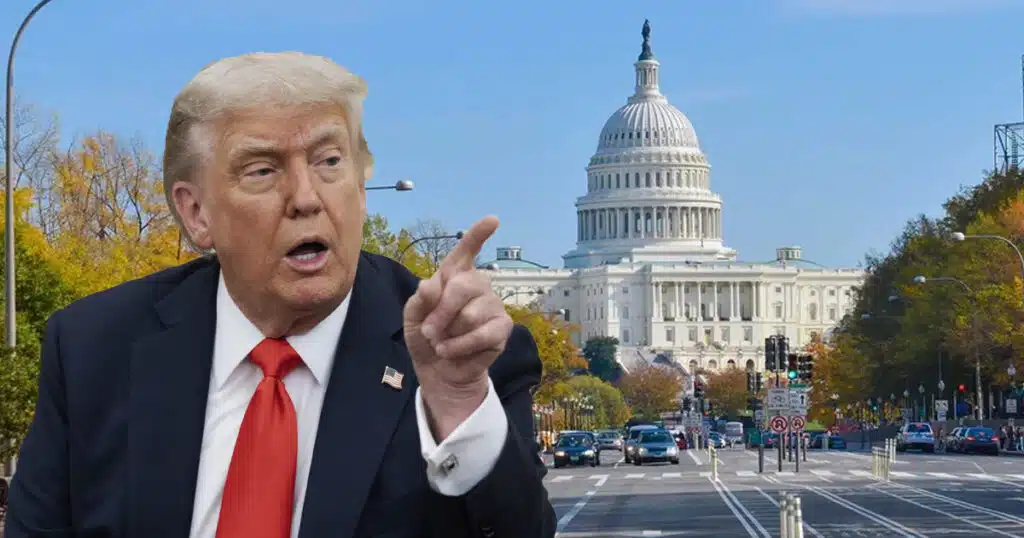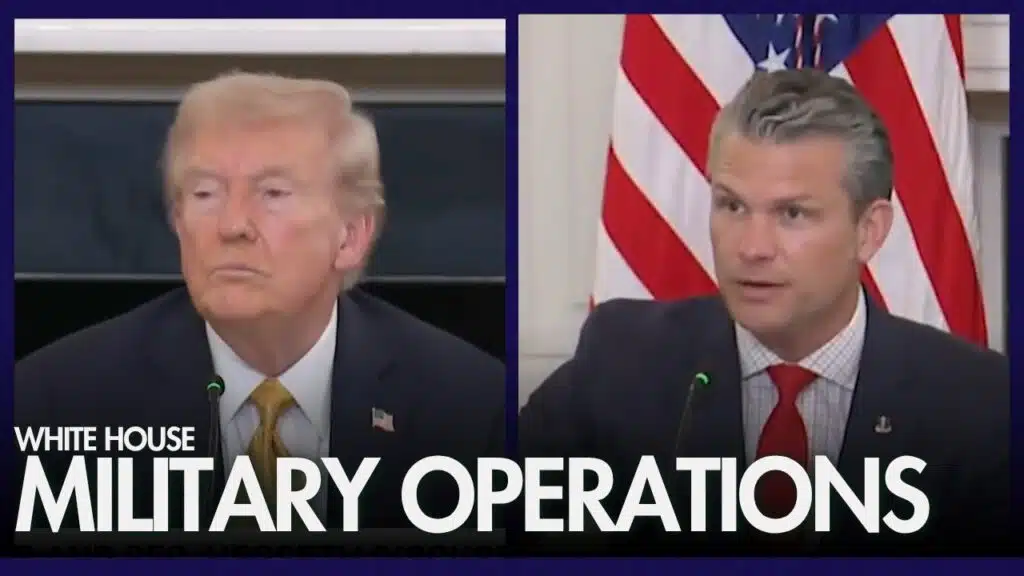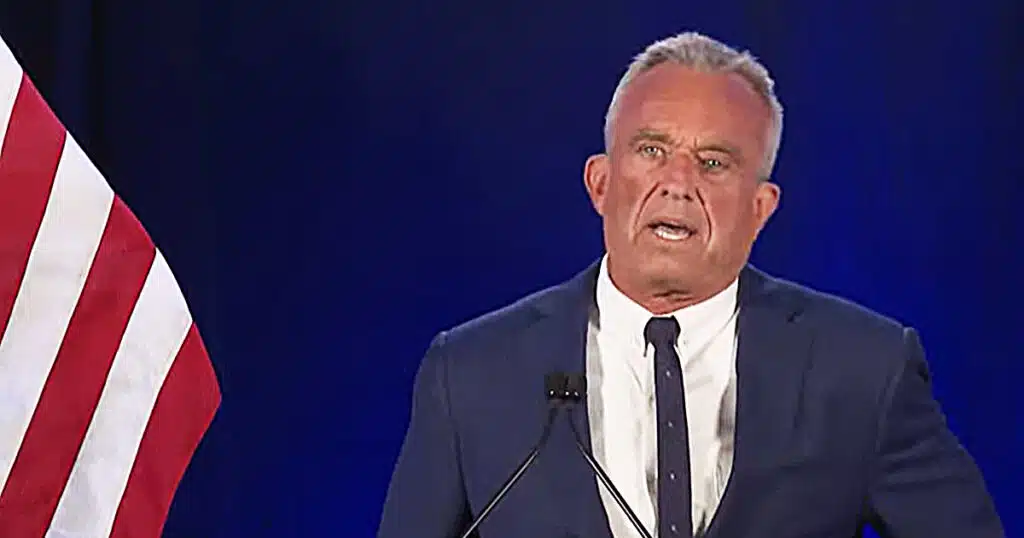
Trump revives longer citizenship test
The Trump administration brought back a longer version of the U.S. citizenship test that was first administered in 2020.
The new test, which went into effect for applicants after Oct. 20, reinstates the 2020 naturalization civics test put in place during President Donald Trump’s first administration.
“American citizenship is the most sacred citizenship in the world and should only be reserved for aliens who will fully embrace our values and principles as a nation,” said Matthew Tragesser, a U.S. Citizenship and Immigration Services spokesman.
Former President Joe Biden struck down the test’s administration in 2021 and reinstated a previous version from 2008. The Biden administration said the 2020 test could have created barriers to the naturalization process.
On Jan. 20, Trump signed an executive order directing the Department of Homeland Security to evaluate immigrant assimilation programs and make recommendations to adjust them if necessary.
The reinstated test increases the number of questions from 10 to 20 and requires applicants to get at least 12 answers correct. The test also expands the bank of possible questions from 100 to 128.
The test is administered orally by a USCIS officer. Questions are chosen randomly from a range of topics including the constitution, U.S. history and roles of Congress and the president.
Some questions include:
– “How many amendments does the U.S. Constitution have?”
– “Who was the United States’ main rival during the Cold War?”
– “What do we show loyalty to when we say the Pledge of Allegiance?”
The Immigration and Nationality Act of 1952 outlines the requirements for noncitizens to display an understanding of civics for naturalization.
The law requires those seeking naturalization to have “a knowledge and understanding of the fundamentals of history, and of the principle and forms of government, of the United States.”
While first implemented in 1952, some form of civics testing has been a requirement for naturalization since at least 1908. Early civics testing was disjointed and differed dramatically depending on the local judge who was administering the test.
In the years following, several pieces of legislation were established to create a uniform civics test.
The Internal Security Act of 1950 explicitly established civics knowledge as a requirement for naturalization in the United States. This was later implemented into the Immigration and Nationality Act in 1952.
Most recently, the Immigration and Nationality Act of 1990 shifted naturalization requirements from the courts to U.S. Citizenship and Immigration Services officials.
Despite changes to the test’s length, the Trump administration will continue allowing a special exception for adults seeking naturalization who are 65 or older and have lived in the country for more than 20 years. Those residents will only have to answer 10 questions from a specially selected bank of 20 total.
Non-citizens seeking naturalization status are also required to have a proficient grasp of the English language. The English-speaking provision has been in place since the establishment of the Naturalization Act in 1906.
“By ensuring only those aliens who meet all eligibility requirements, including the ability to read, write, and speak English and understand U.S. government and civics, are able to naturalize, the American people can be assured that those joining us as fellow citizens are fully assimilated and will contribute to America’s greatness,” Tragesser said.



